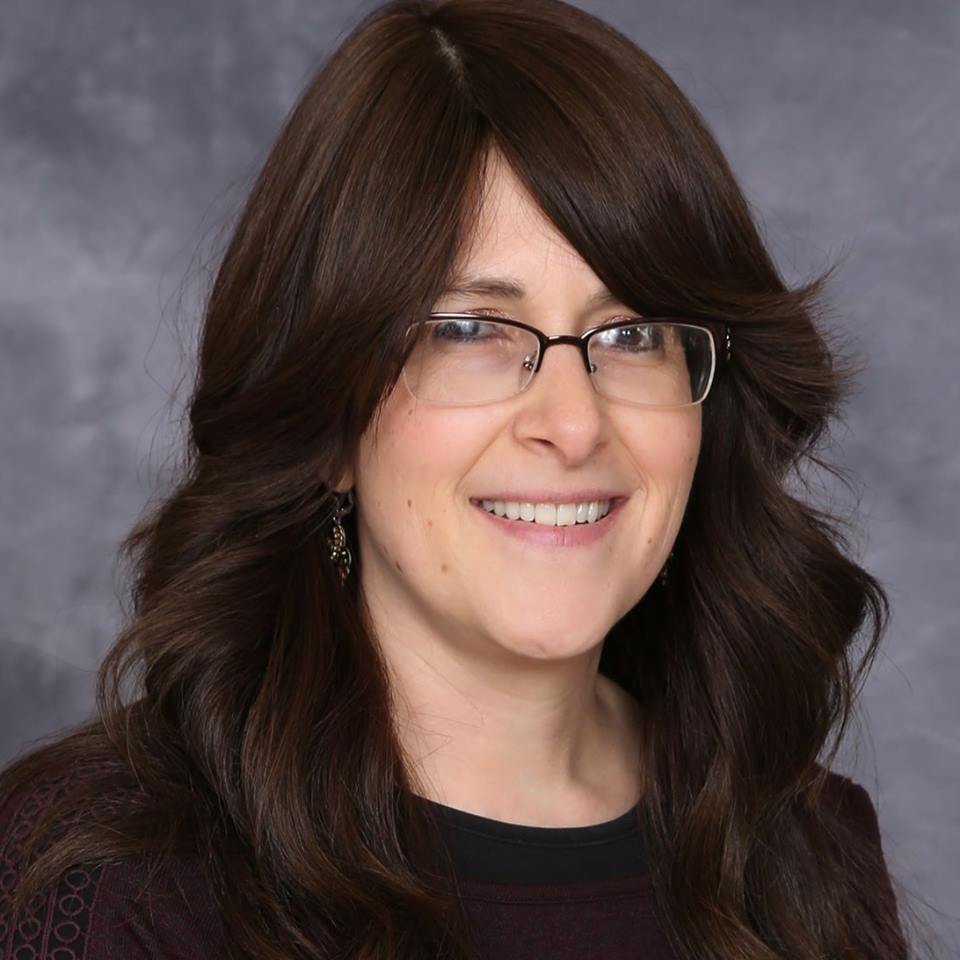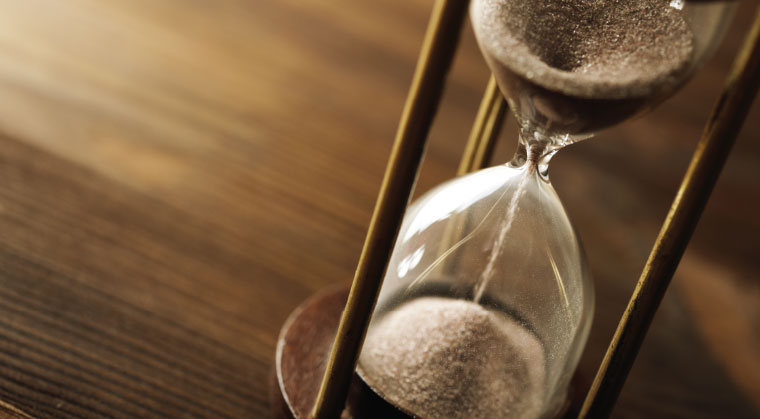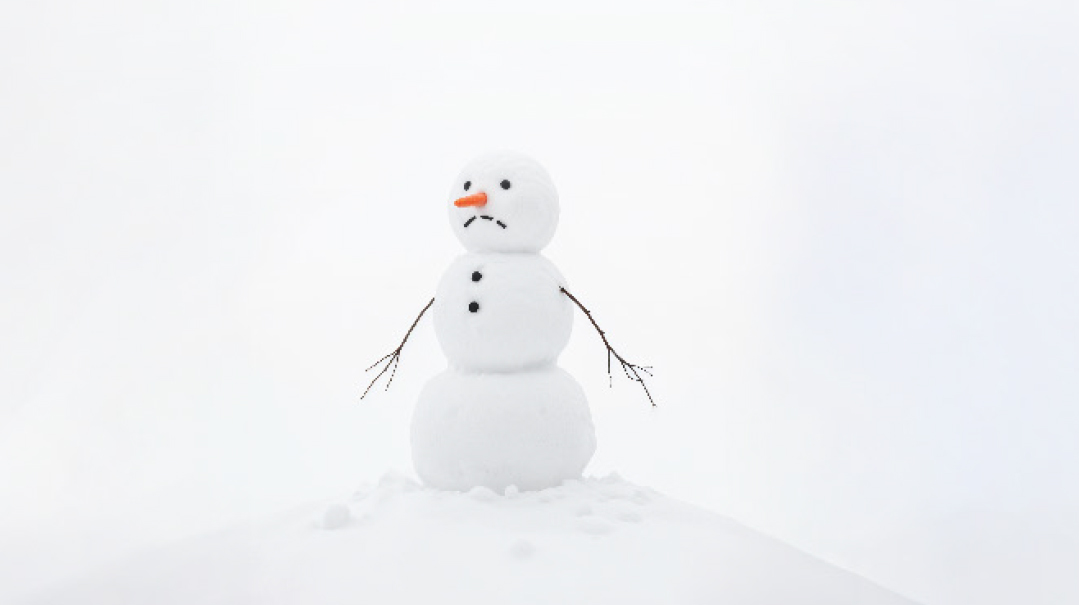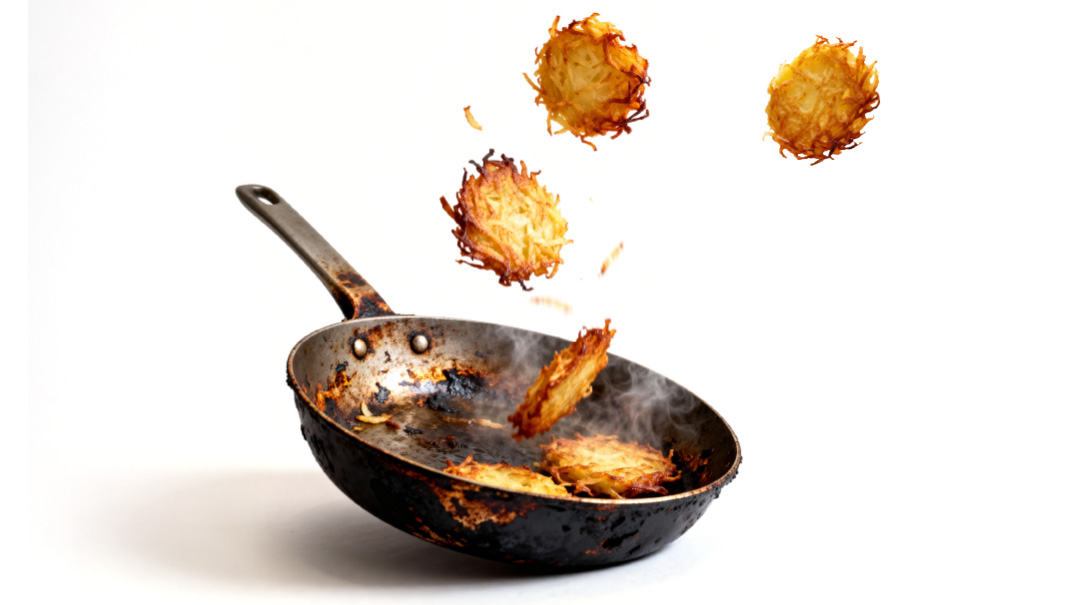Guilty as Charged


Photo: Shutterstock
J
ewish guilt may be a part of every Jewish mother’s DNA but when a mother has lost her child guilt becomes a burden that’s difficult to bear.
I remember Jewish guilt back when I was a “normal” mother. It used to hit me at the end of each day as I made the rounds looking down at each of my six sweetly slumbering children. (And how sweet they looked in their blissful repose when they were down for the night and the rest of the evening was all mine.)
That was when the guilt struck hard and fast. Why had I not found the time to do that project with them? Why had I not helped with homework a little more or taken them outside to play longer than the few minutes I’d felt able to spare? Why had I not made a more healthful supper than macaroni? On and on it went Jewish guilt at its finest.
But then I found myself looking down at a child — not in blissful repose but in eternal repose. The guilt struck hard and fast another overwhelming emotion to add to the pool of a situation so profoundly wrong. And the guilt did not go away or fade or get better. It grew and grew and grew. As time went on and I recalled more and more there were more things to feel guilty about not less. So many things I could have done differently had I only had the chance had I only known.
Why had I not made her oatmeal for her on her last morning when she’d asked me to do so? I should have dropped everything and prepared it for her instead of saying “Sure I’ll do it soon just let me get the kids out to school.” Because then to my eternal regret she went and made the oatmeal herself.
And even though as she passed by me on her way to the microwave bowl in hand I opened up the cupboard and added in a drop of maple extract just the way she liked it would never be enough because asking me if I could make her breakfast a totally out-of-character request from an independent 18-year-old was the last thing she ever asked me to do. And I had asked her to wait without realizing then and there that something was terribly wrong. How could I forgive myself — ever?
It didn’t end there. There was the day I was driving in the car chewing gum (driving in the car the alone time was especially painful for years after Perel Rena died and very often still is today) and it hit me like a battle axe. How could I chew gum? How could I have ever chewed gum over the course of Perel Rena’s last year when she suffered from TMJ — jaw pain exacerbated by chewing gum? I’d been rude enough to chew gum in her presence when she could not and would never again chew a piece of gum. Logical? Illogical? It doesn’t matter. I’ve never chewed a piece of gum since that day and I never will. I can’t forgive myself. I can’t get over the guilt.
Oops! We could not locate your form.







